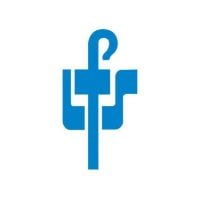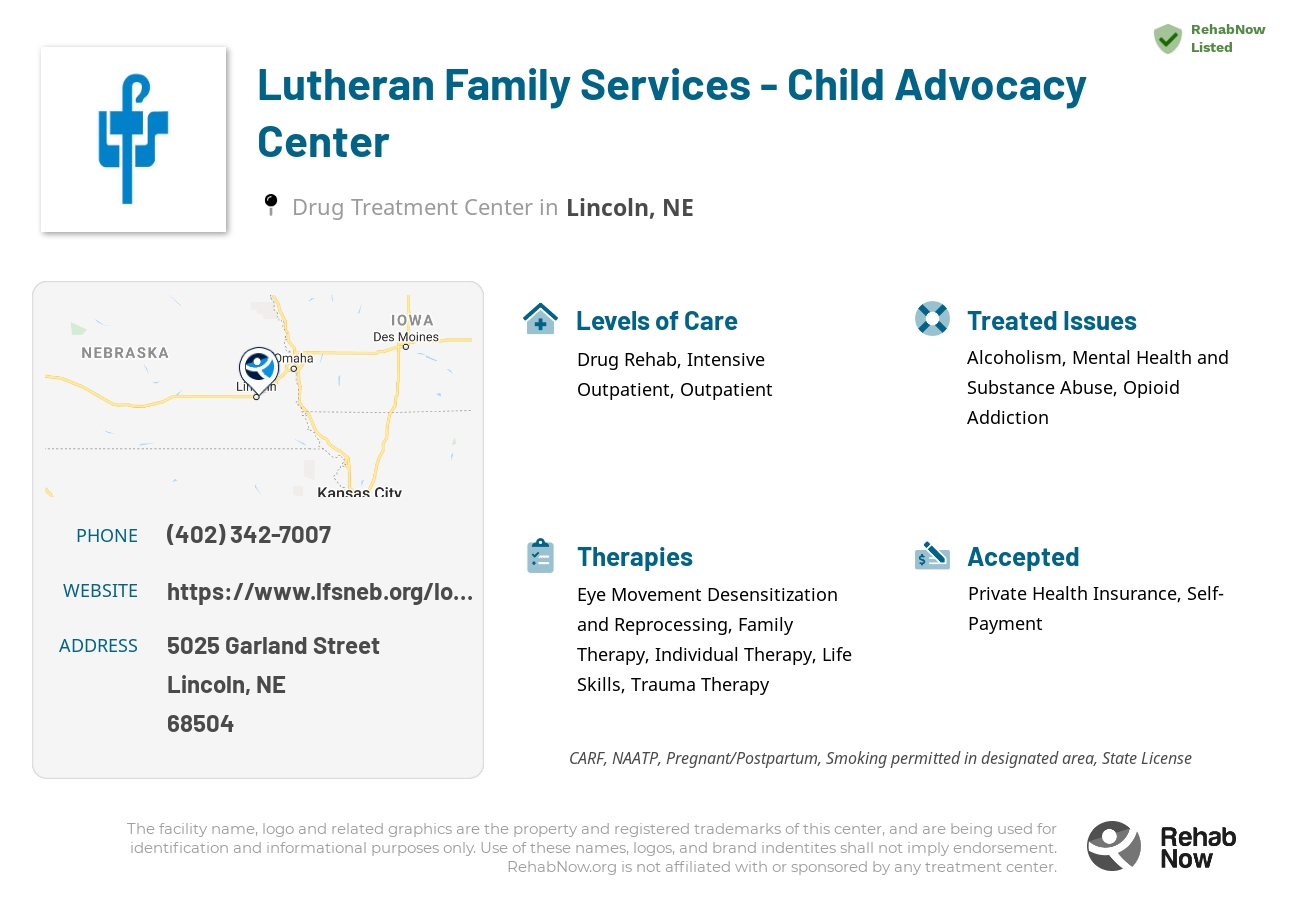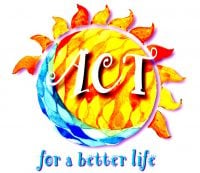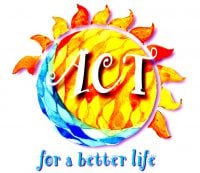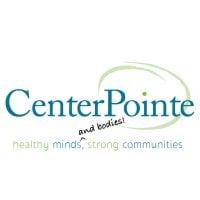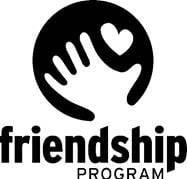Lutheran Family Services - Child Advocacy Center
Drug Rehab Center in Lincoln, Nebraska
Lutheran Family Services - Child Advocacy Center in Nebraska offers comprehensive levels of care to help those struggling with addiction, including outpatient, intensive outpatient and drug rehab programs which are supported by private health insurance coverage and provided by a dedicated, knowledgeable and compassionate team.
About Lutheran Family Services - Child Advocacy Center in Nebraska
Lutheran Family Services - Child Advocacy Center is located in Lincoln, Nebraska, and offers a comprehensive addiction treatment program for those suffering from substance abuse issues like alcoholism, opioid addiction, and dual diagnosis (substance use and mental health disorder). The center provides a wide range of treatment services, including drug rehab, intensive outpatient, and outpatient levels of care, with the goal of helping individuals on their journey to recovery. Licensed by the state of Nebraska, Lutheran Family Services is affiliated with Lutheran Family Services and accepts many forms of private health insurance.
The center provides a range of specialized services to help individuals at all stages of recovery. This includes individual counseling, group therapy, medication management, family therapy, and discharge planning. Additionally, they provide dual diagnosis treatment for patients with co-occurring mental health disorders such as anxiety, depression, and bipolar disorder. Lutheran Family Services - Child Advocacy Center also offers aftercare services, such as peer support groups and alumni programs, to help individuals with sustained sobriety. The center is accredited by The Joint Commission, one of the nation's foremost organizations for assessing healthcare quality.
Genders
Ages
Modality
Additional
Conditions and Issues Treated
Opioid addiction has become a significant health problem in the United States. In 2015, there were 91 opioid overdose-related deaths per day, with a substantial increase in mortality rate in 2014.
When opioid addiction has reached a point where a person’s life becomes unmanageable, treatment options are available to help them get sober. Treatment that includes medical care with medications and counseling can help a user transition into sobriety.
Levels of Care Offered
This center offers a variety of custom treatment tailored to individual recovery. Currently available are Drug Rehab, Intensive Outpatient, Outpatient, with additional therapies available as listed below.
The Intensive Outpatient Program offered by Lutheran Family Services - Child Advocacy Center is designed for those who need intensive care but would rather get it in the comfort of their own home. The treatment programs vary in duration and intensity and can be tailored to suit the patient’s needs. The program includes regular visits to the facility, though the overnight stay is not needed. IOP is suitable for patients who have been treated in residential treatment programs and are in the transition phase. It helps the patient live at home and discharge some work or school responsibilities even while undergoing treatment. The patients gradually get back to their routine life with the support of a friend or family member.
Outpatient treatment is often used for drug addicts in drug rehab. Outpatient treatment consists of counseling and therapy sessions. This form of treatment is also called ‘day-treatment’. The outpatient treatment process begins with the addict’s initial detox period, lasting about ten days.
Outpatient treatment is used for those who are at moderate risk for ‘slipping back’ into the addiction, for those who:
- Are not currently experiencing any side effects from withdrawal and can handle social pressure
- Can handle stressors that might trigger relapse
- Have a stable living environment or have moved out of their previous environment, which was not conducive to being sober
- Have a support system that allows them to go to a facility a few times a week while still keeping their current responsibilities
- Have no legal obligations, being either on parole or probation, that require them to seek treatment at a mandatory facility
- Are not currently experiencing any side effects from withdrawal and can handle social pressure
- Have a stable living environment or have moved out of their previous environment, which was not conducive to being sober
Therapies & Programs
Because no single treatment is effective for all addicts, the goal of treatment and therapy should be to figure out what works best for each individual. Tolerance and withdrawal levels differ from person to person, affecting the treatment intensity required. Addiction treatment should aim to help addicts develop healthy coping mechanisms for dealing with their addiction and its underlying causes.
Family therapy is beneficial for people who are in addiction treatment services because it offers addicts the opportunity to work with their family members to better understand what led them to make choices that contributed to their addiction.
This type of therapy helps family members reach a deeper understanding of how they can best support their loved one during recovery. It also helps the addict better understand their own motivations and triggers that led them to turn to substance abuse.
Family therapy can help addicts in the following ways:
- Assists family members in processing difficult feelings so they don’t blame or resent recovering addicts
- Assists family members in understanding how addiction has impacted the addict and everyone who is involved with them
- Allows the addict to take responsibility for their actions, while encouraging improved communication skills
- Helps family members understand how to best support an individual in recovery so addicts don’t relapse again.
Group therapy can help build a stronger support system and give addicts in Lincoln, NE insight into their addiction that they gain through shared conversations. Group therapy occurs in a controlled group environment, exclusive of one on one meetings. This makes it safer for patients to feel comfortable sharing the struggles they’re going through and gaining perspective.
Trauma therapy is beneficial for people who are recovering from drug addiction because it helps them heal from past traumas that may have caused them to turn to harmful substances or led them to experience negative emotions that contributed to their destructive behaviors.
This type of treatment works by processing difficult experiences so individuals can learn how to process these events without having to turn to substances for coping.
Trauma therapy can help addicts in the following ways:
- Helps individuals understand their experiences and emotional responses to difficult events, including why they turned to drugs or alcohol
- Provides them with comfort and support while working through difficult emotions related to these traumatic experiences
- Offers an opportunity for addicts to have a voice and be heard, which can improve their self-esteem
- Can help them develop coping skills so they can better respond to triggers instead of turning to substance abuse.
Cognitive-behavioral therapy is a technique that is used to help people with addiction. Specifically, it is a way of identifying thoughts and behaviors that cause the addiction. It is typically used in an individual counseling session.
The content explains cognitive behavioral therapy and how it works to address some behaviors that may be leading to unintended consequences in their life, as well as its benefits for those seeking sobriety.
It works by helping people to talk through their issues and addressing the thoughts that cause said behaviors. It is an excellent way of learning about oneself and one’s perception of the world.
Eye Movement Desensitization and Reprocessing (EMDR) helps people get sober by changing how they experience emotions. EMDR is a psychotherapy treatment that has been widely studied with people who have addiction problems.
During the treatment, the patient is asked to recall specific memories that relate to their addictions. At the same time, they follow a moving object with their eyes or tap their hands or feet. This process helps the patient work through their emotions by separating the memory from the distress they feel about it.
By enhancing the brain’s information processing systems, EMDR enables people to “process” experiences that trigger cravings and painful emotions so that they can move forward in their lives.
Life Skills Services assist addicts in their recovery by teaching them healthy coping mechanisms that will aid them in becoming sober, focussing on helping people enter into, and maintaining long-term sobriety. Drug Treatment Centers provide Life Skills Services at varying levels of intensity, specific to the needs and requirements of each patient.
The benefits of Life Skills Services offered at Lutheran Family Services - Child Advocacy Center:
- Restores hope and empowerment — Helps addicts believe that recovery is possible and instills a new confidence in their ability to achieve a positive, drug-free future
- Enhances family involvement — Encourages families to get involved in the recovery process and supports their understanding and encouragement of healthy behavior.
- Increases patient’s compliance — Helps patients take responsibility for and ownership of their recovery and encourages continued progress
- Reduces relapse rates — Encourages long-term abstinence and emphasizes the importance of establishing sober support systems.
Payment Options Accepted
For specific insurance or payment methods please contact us.
Is your insurance accepted?
Ask an expert, call (888) 674-0062
Lutheran Family Services Associated Centers
Discover treatment facilities under the same provider.
- Lutheran Family Services - North Omaha Behavioral Health in Omaha, NE
- Lutheran Family Services - Children Services Center in Omaha, NE
- Lutheran Family Services - Connections Building in Omaha, NE
- Lutheran Family Services - North Omaha for Healthy Families in Omaha, NE
- Lutheran Family Services - Partners in Empowerment and Recovery in Lincoln, NE
Learn More About Lutheran Family Services Centers
Additional Details
Specifics, location, and helpful extra information.
Lincoln, Nebraska 68504 Phone Number(402) 342-7007 Meta DetailsUpdated November 25, 2023
Staff Verified
Lutheran Family Services - Child Advocacy Center Patient Reviews
There are no reviews yet. Be the first one to write one.
Lincoln, Nebraska Addiction Information
Despite a total population of slightly less than 2 million residents, methamphetamines are one of the most commonly abused illicit substances in the state. Alcohol abuse is so common that a news article once referred to Nebraska as "America's 9th drunkest state". Although opioid abuse rates in Nebraska are not as high as those in other states, opioids are still involved in most overdoses.
The drug addiction problem in Lincoln, Nebraska is one of the worst in the country. Stimulants, particularly methamphetamine, are the most prevalent drug substances, while marijuana accounted for 27%. Some people may start using drugs to cope with their problems or search for fleeting happiness. Many drug rehab facilities in Lincoln will provide counseling services in addition to medication management, and other necessary treatments.
Treatment in Nearby Cities
- Omaha, NE (47.4 mi.)
- Falls City, NE (76.8 mi.)
- Kearney, NE (127.7 mi.)
- Macy, NE (89.8 mi.)
- Sidney, NE (331.0 mi.)
Centers near Lutheran Family Services - Child Advocacy Center
The facility name, logo and brand are the property and registered trademarks of Lutheran Family Services - Child Advocacy Center, and are being used for identification and informational purposes only. Use of these names, logos and brands shall not imply endorsement. RehabNow.org is not affiliated with or sponsored by Lutheran Family Services - Child Advocacy Center.
